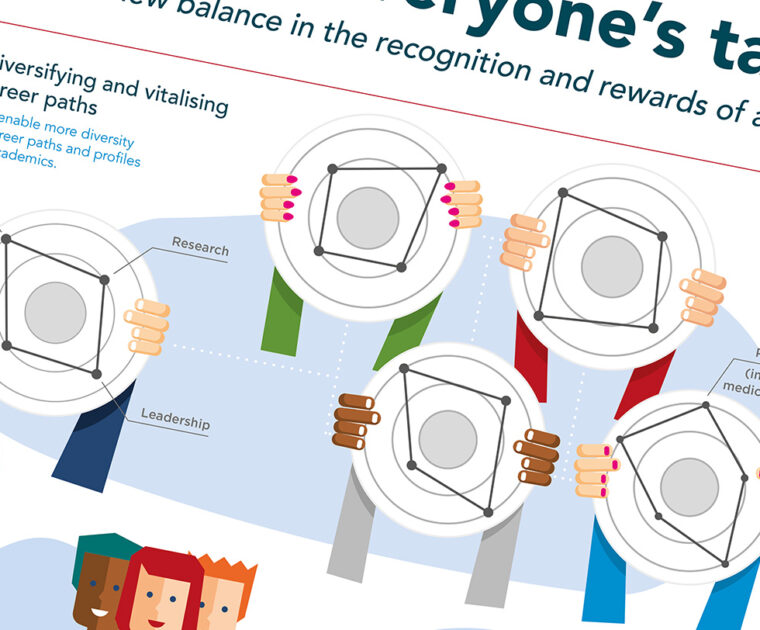Tampere University is a new Finnish institution, formed in 2019 from the merger of the University of Tampere and the Tampere University of Technology. As a result of the merger, Tampere recognized it had a unique opportunity to redesign its policies to implement a fair and responsible model for faculty hiring, promotion, and tenure.










